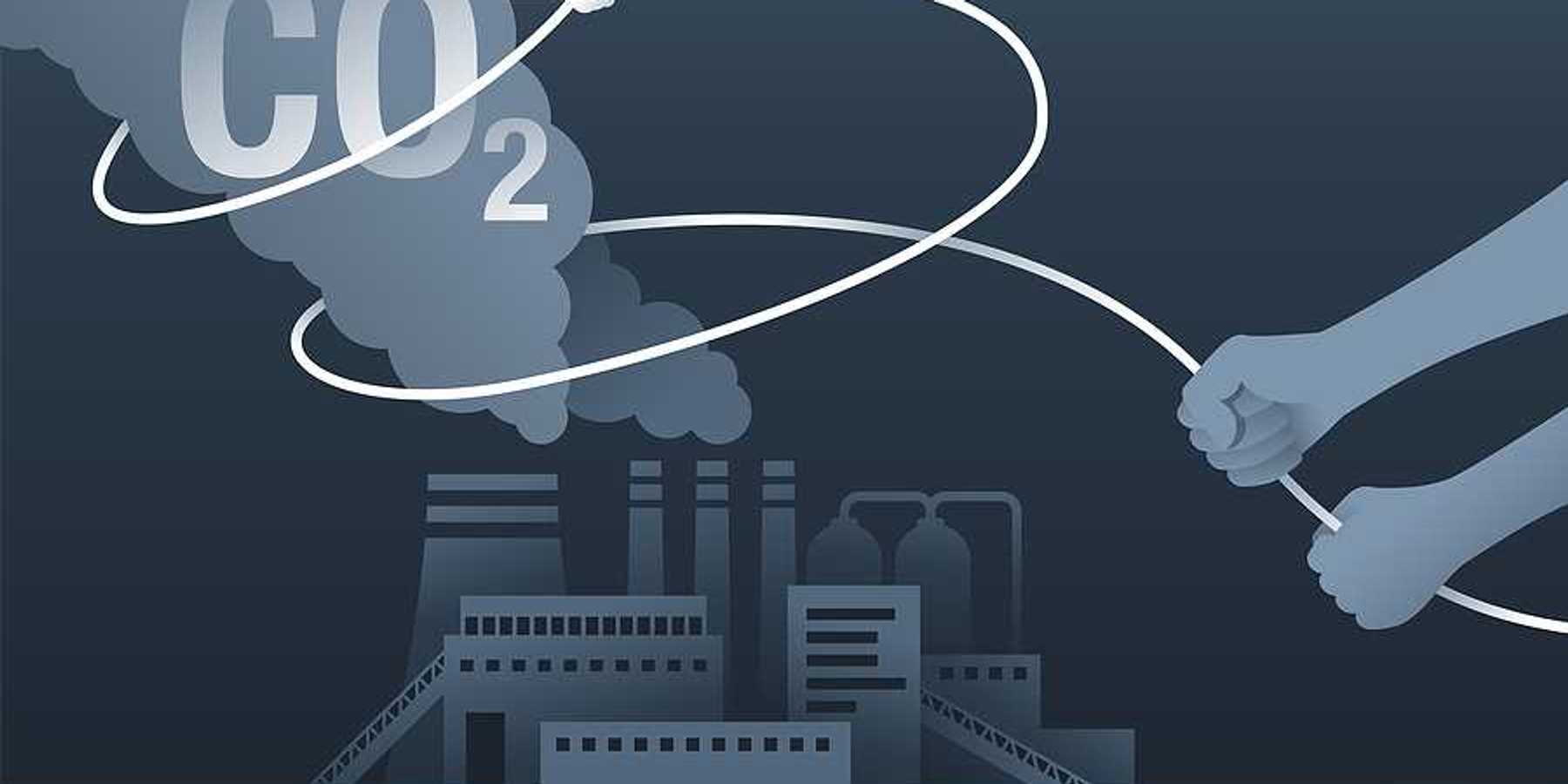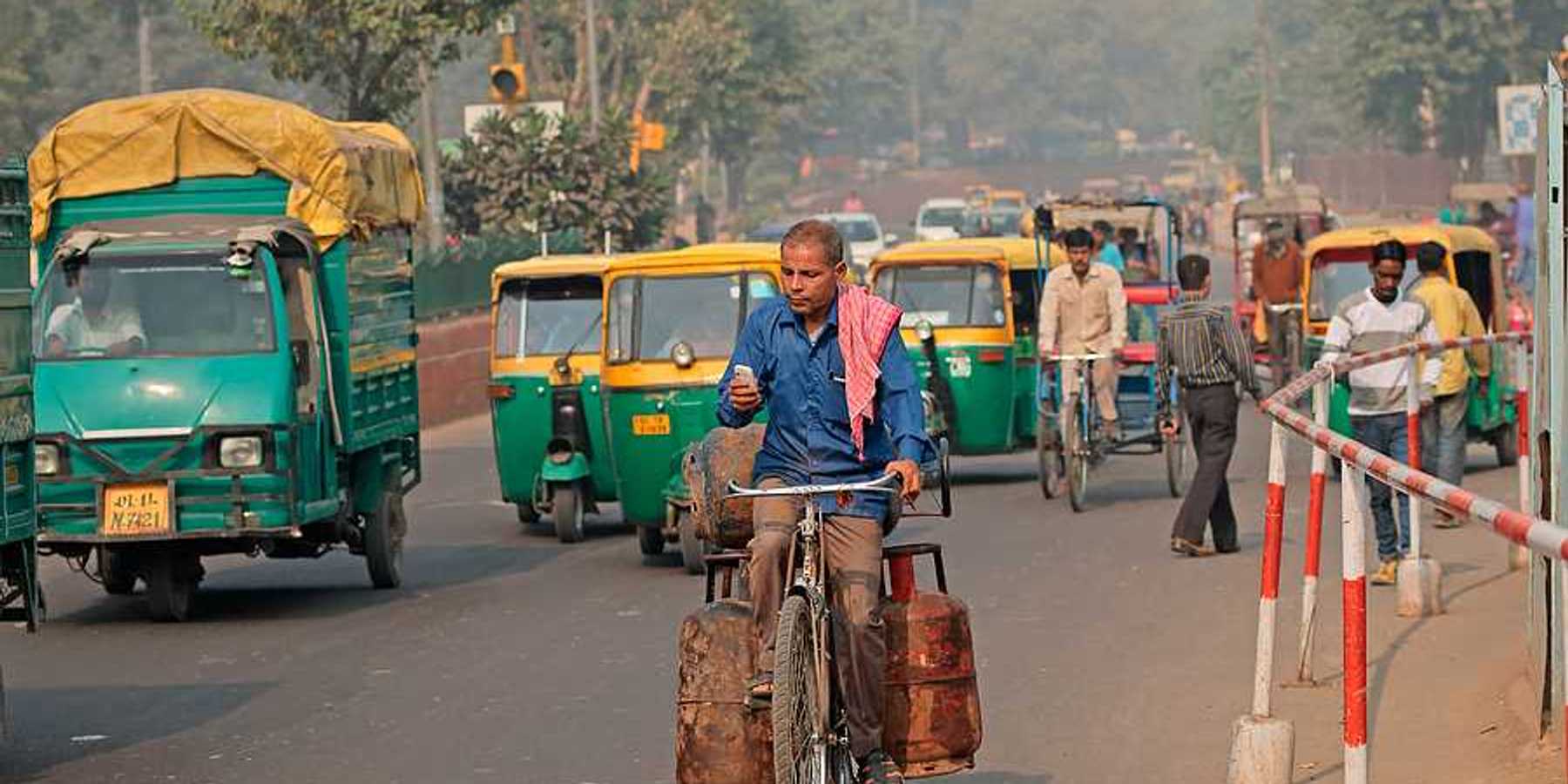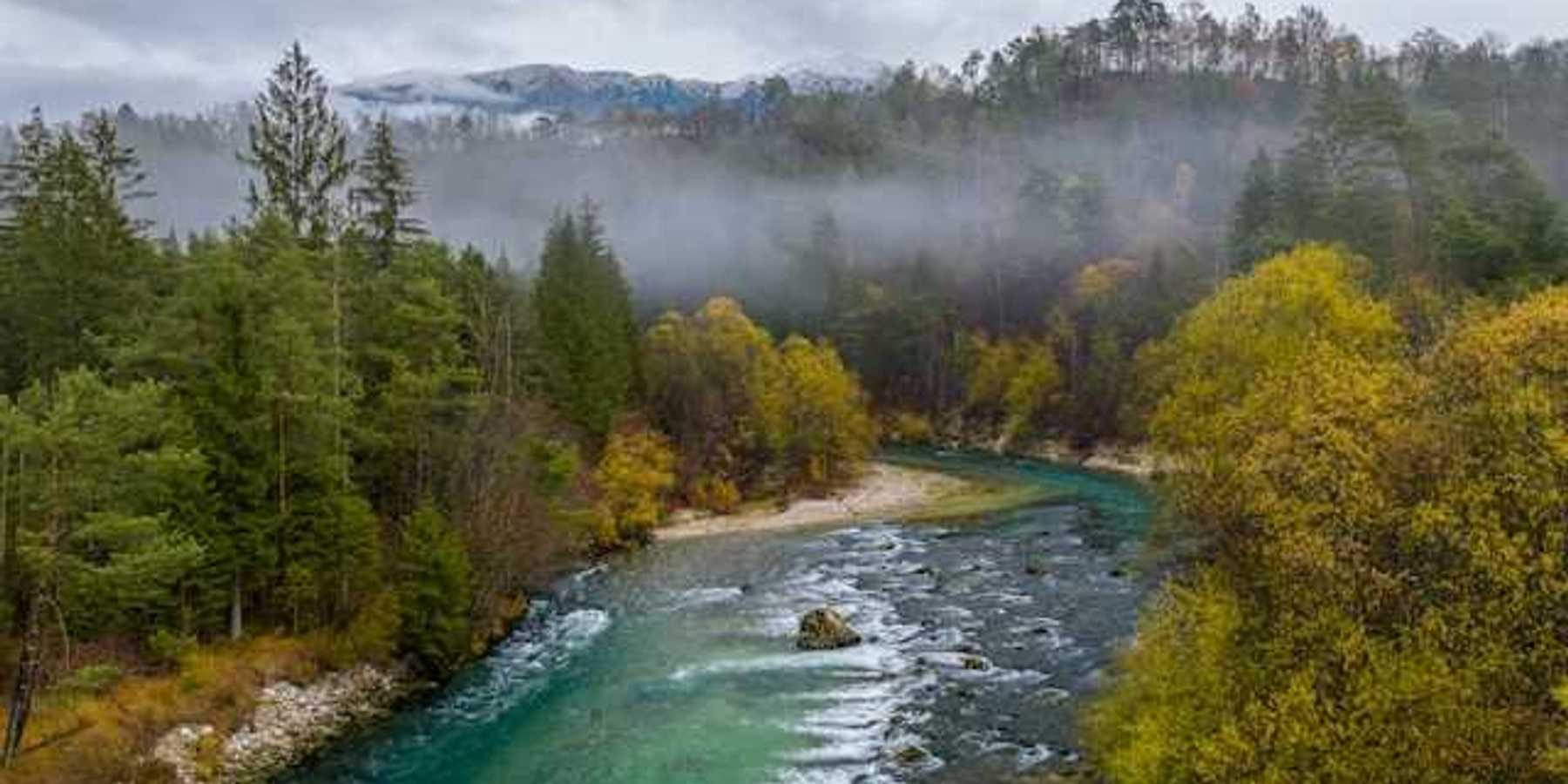02 December 2024
Plastic treaty talks falter as nations clash over production limits
Global negotiations in South Korea aimed at curbing plastic pollution ended in deadlock as more than 170 countries failed to agree on whether to limit plastic production or focus solely on waste management.
Andrew Jeong reports for The Washington Post.
In short:
- Talks stalled after oil-rich nations resisted measures to cap plastic production, arguing that pollution, not production, should be the focus.
- More than 120 countries, led by Norway and Rwanda, advocated for production cuts and stricter measures to combat plastic waste's impact on health and climate.
- The failure highlights the challenge of reducing reliance on a material integral to modern life and dominated by fossil-fuel interests.
Key quote:
“Colleagues, we didn’t accept a weak treaty here, and we never will. To the 120 nations standing for ambition, I say: Let us be relentless. We may have been delayed, but we will not be stopped.”
— Juan Carlos Monterrey Gómez, Panama’s delegation
Why this matters:
Plastic is choking ecosystems, invading our bodies and accelerating climate change. Read more: Every stage of plastic production and use is harming human health.













